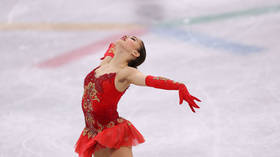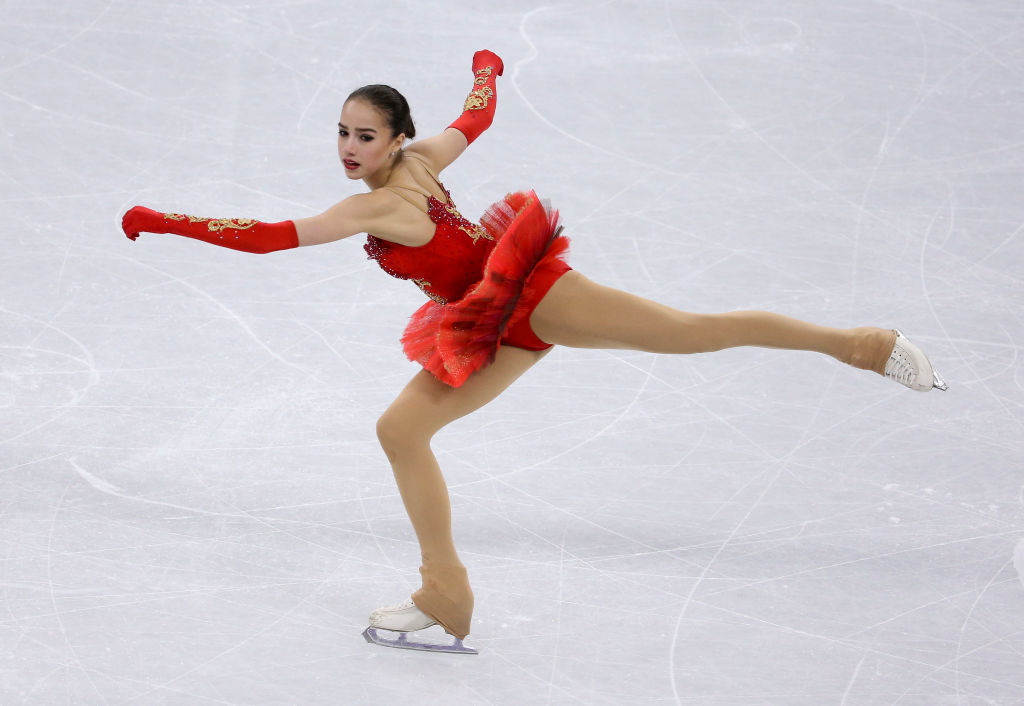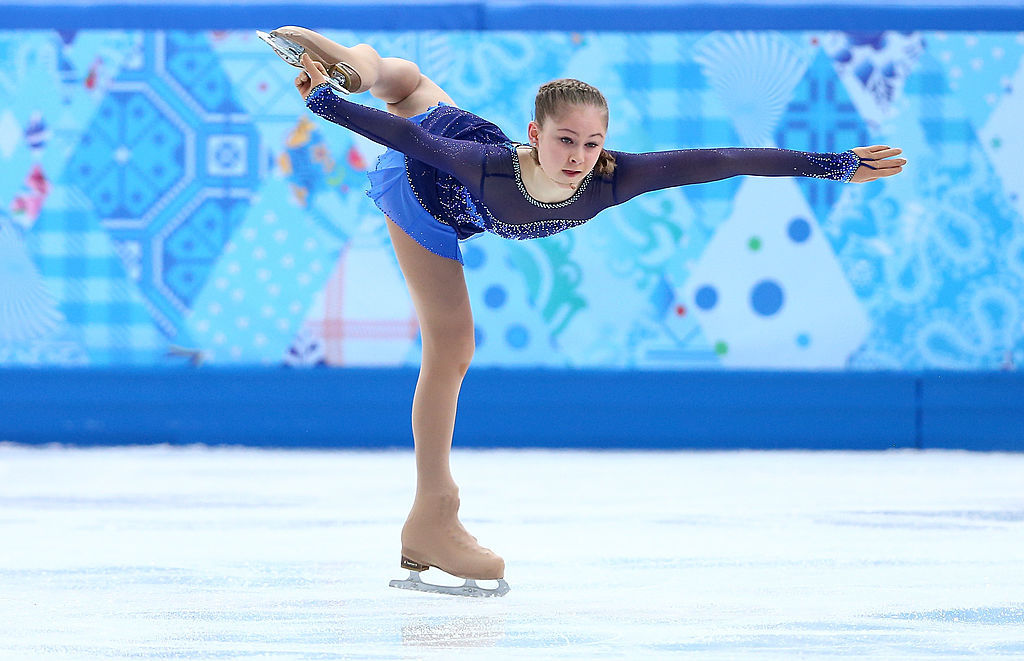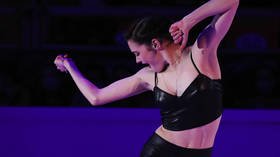ISU to raise age limit in figure skating – report

The International Skating Union (ISU) is poised to make historic amendments to its rules which will raise the age limit for senior skaters from 15 to 17, according to a report.
A proposal to change the age regulations has been included on the agenda of the 2022 ISU Congress scheduled for June, Match TV has said.
The contentious topic has been rigorously discussed in recent years, with many officials supporting the idea of raising the age limit for junior skaters who are currently eligible to enter senior events from 15.
The outlet reported that ISU members have supported the idea of gradually raising the age restrictions ahead of the 2023-2024 season.
Under the terms of a submission from the Norwegian Skating Association, athletes would be approved for senior events from the age of 17 in single skating, and from 16 for pairs and in ice-dance events.
According to the proposal, any figure skater who participates in major events in 2023, including the European and World Championships, would be allowed to remain at senior level for the 2023-2024 season – even if they do not meet the age criteria.
If the proposal is officially approved, it would drastically change the power balance in women’s skating, given that the discipline has been traditionally dominated by competitors who are 15 or 16.
Four of the past six Olympic tournaments since the 1998 Nagano Games were won by teenage female skaters, all of whom were under 18 at the time of their triumph.
All of the Russian female skaters who have claimed the most prestigious trophies in recent years, including World and Olympic medals, have been under the new proposed age limit of 17.

The favorite to win gold in Beijing, Kamila Valieva, will only turn 16 in April, and Russia has a long legacy of producing figure skaters who can compete on the world stage from a very young age.
Russian figure skating icon Alina Zagitova clinched the Olympic title in South Korea at the age of 15. Anna Shcherbakova was 16 when she celebrated her brilliant win at last year’s World Championship.
Evgenia Medvedeva, Yulia Lipnistkaya and Adelina Sotnikova were also under 17 when they claimed major titles in figure skating.

The minimum age barrier has long been a widely-discussed issue in figure skating, with some experts insisting that teenagers who haven't reached puberty have an unfair biological advantage over their adult rivals, who are much taller and heavier.
It is believed that techniques for landing enormously difficult combinations of jumps are more easily acquired by younger, slim-bodied, smaller girls.
The history of figure skating has seen many examples of athletes whose talent declined as they moved from the junior to senior levels of competition.
The prospect of raising the age limit will be discussed at the 2022 ISU Congress which will take place from June 6 to 10 in Phuket, Thailand.













